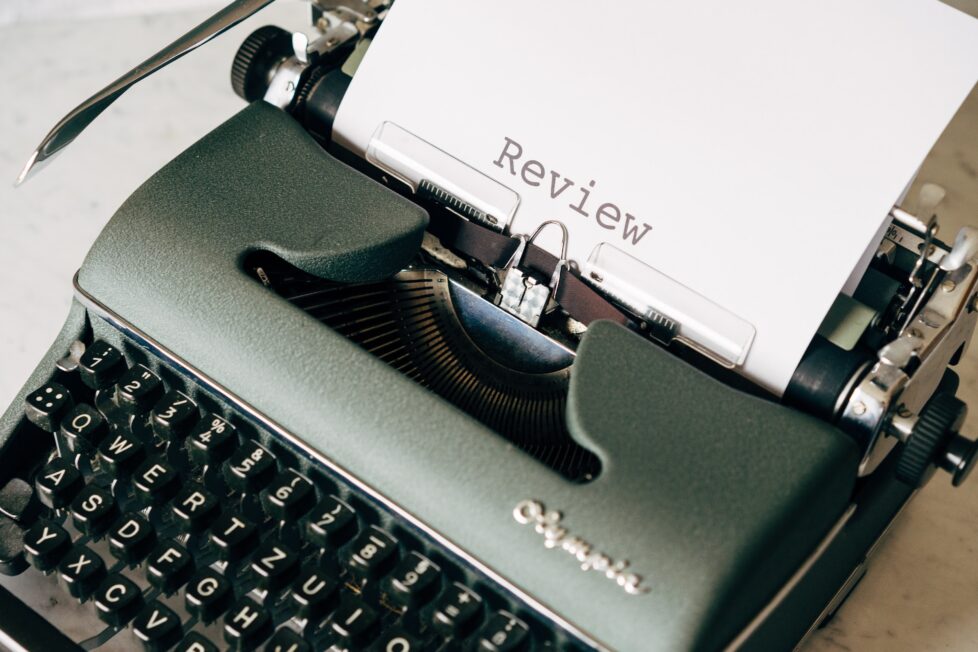Should we be worried about plagiarism in peer review?


I am a mid-career researcher, I need to keep a consistent publishing record to get funding. And these two things sadly can make or break my career. It is what it is, I still want my job so I can’t comment on why I find such practices injurious to scientific advancements.
But that’s not what I want to talk about.
With the publish or perish reality in my mind, I was excited to submit a manuscript to the journal Environment, Development and Sustainability sometime last year in July. I had spent months pouring over data, crafting my arguments and honing my writing, and I was eager to see my work in print. But what I encountered was a betrayal of trust, and it left me feeling not just disappointed but outright angry.
It all started when I received the peer review reports for my manuscript, for the second round of review. Reading through the comments, I noticed something strange. The references and topics that the reviewers were commenting on were not part of my work. I was confused and decided to investigate.
Using plagiarism detection software, I compared the review reports to other published work and was shocked to find that two of the three reviews were highly similar to open peer review reports published in PeerJ and MDPI’s Sustainability. In fact, the reports were flagged as having a 40% and a 100% similarity to these previous reviews, respectively.
How? Why? What!!!
After all…
Open Peer Review is an important aspect of Open Science. Opening up what has traditionally been a closed process increases opportunities to spot errors, validate findings and to increase our overall trust in published outputs.
FOSTER
The peer review process is supposed to be an unbiased, objective assessment of my work, but these reports were neither of those things. They were plagiarized, and it was clear that the reviewers had not put in the effort to read and critically evaluate my manuscript. I felt like someone had taken my work, my time and my trust and thrown it all back in my face.
Feeling betrayed, I raised the issue with the editor-in-chief, who relayed the information to the handling editor. But instead of taking action to address the problem, the handling editor sent my revised manuscript back to the plagiarist for the third round of peer review.
Saying I was irrate, is an understatement! How could the journal allow this to happen? How could they send my work back to reviewers who had breached the integrity of the peer review process? Can a plagiarist be objective when the ‘response to reviewers’ calls them out for their breach of research integrity?
Of course not, my manuscript was rejected.

This incident serves as a reminder that open peer review can also have unintended consequences. It highlights the need for journals to have a clear policy in place for detecting and dealing with plagiarism in peer reviews. It’s important for editors to be more vigilant in ensuring that the reviews they receive are original and not lifted from previous reviews. And it’s crucial for journals to take steps to ensure the integrity of the peer review process.
I urge my colleagues in the academic community to be aware of this issue and to advocate for change. We must hold our journals and editors accountable for maintaining the integrity of the peer review process. We must demand transparency and fairness in the review process. Only then can we trust that the published research is of the highest quality and can be relied upon by others. But sometimes all this can be avoided by just rejecting some peer review requests.

Comments are closed.